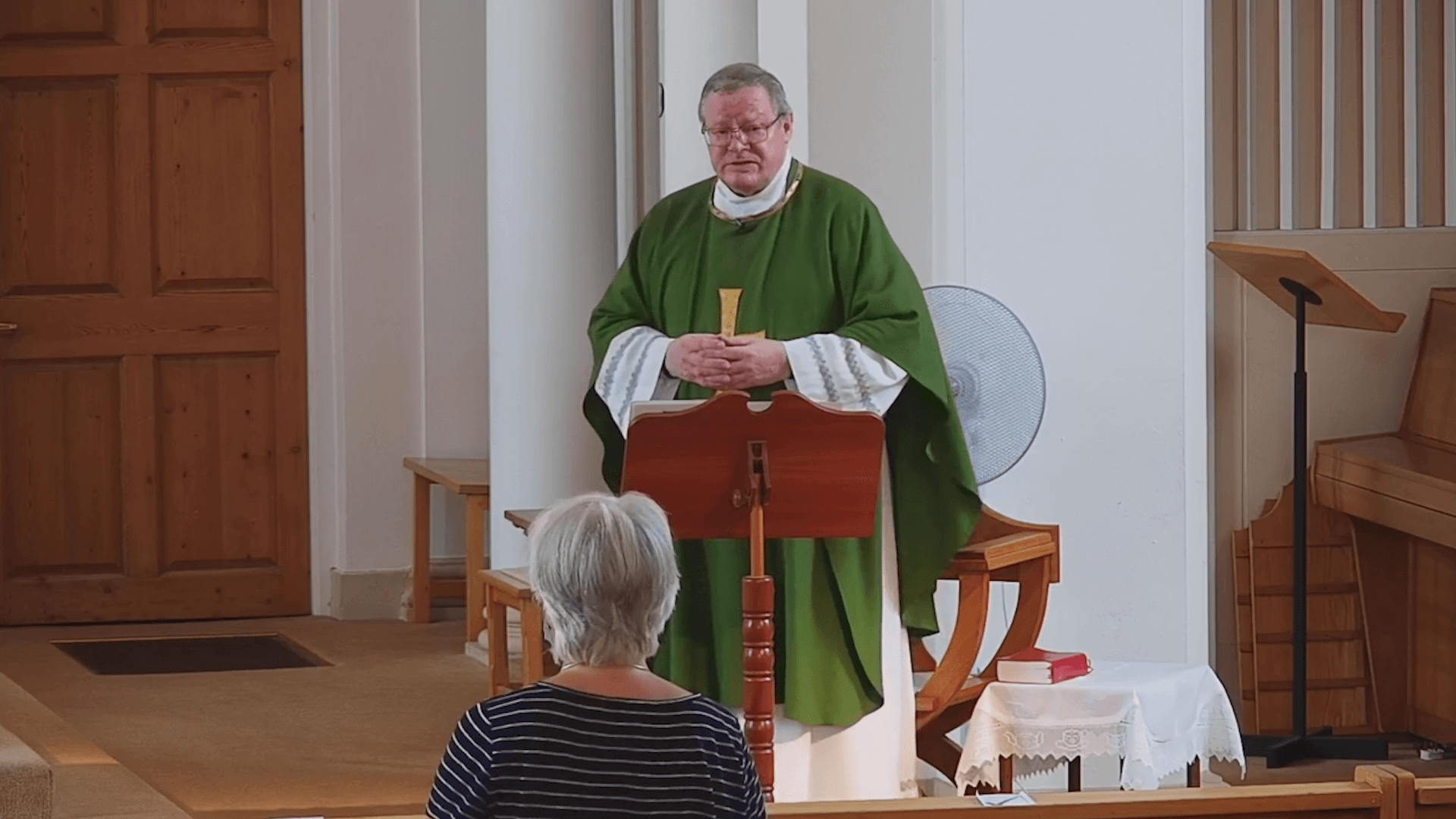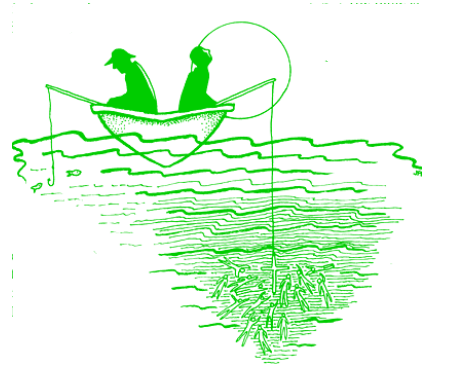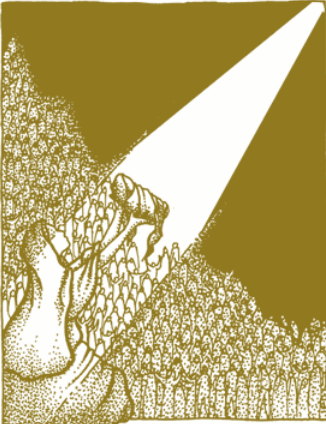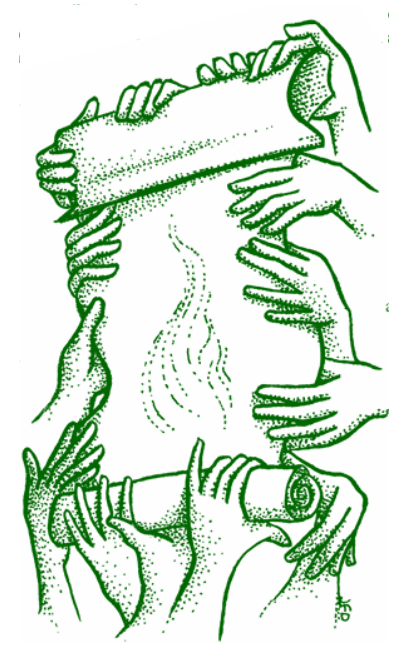










‘Family’ today has many cultural and moral connotations and challenges for Christians. The ‘Holy Family of Jesus, Mary, and Joseph’ may seem to exist on another planet or, at least, be lightyears away from twenty-first-century relevance. Yet the gospel truth that the word of God for this feast affirms is that family life is ‘a kind of school of deeper humanity’ that is penetrated by the spirit of Christ. It is a challenge to live in mutual respect and love: for parents to honour the dignity of their children, and children to respect the dignity of their parents, each one bound to the other in the love that God has lavished upon us, as John states in our second reading.
Our understanding of what we usually call ‘the finding in the Temple’ has often been sabotaged by artistic depictions of a precocious child Jesus, haloed and white-clad, lecturing (and even berating) the religious teachers. Yet if we are attentive to the text, Jesus is described as first listening to the temple teachers before asking questions at what was a customary festival and Sabbath question-and-answer session (as opposed to a judicial one). ‘Searching’ and ‘finding’ are important gospel themes in Luke. They reflect the human experience that our questioning so often involves questioning in the hope of finding something more: more love, more wisdom, more truth.
Any parent can appreciate Mary and Joseph's desperate search for and relief at finding Jesus, but there is another search, another finding that is of central importance. It hangs painfully on Jesus’ response to his mother’s question, “Son, why have you done this to us?” The first words of Jesus in Luke’s gospel are his response: “Why were you looking for me? Did you not know that I must be in my Father’s house?” - the affairs that will take Jesus through a life of obedience, through another Passover of pain, another three-day loss in the tomb and into his new and risen life. The most significant developmental task of adolescence is the search for and gradual finding of one’s identity, and as one scholar comments: “What defines one’s identity - family ties, religious experience, a sense of vocation, a personal creed, or one’s dreams and ideals? Jesus found his identity by affirming his relationship with God.”
For Mary and Joseph, as for all parents, there is the pain of allowing this child his independence, his identity, loving him, not possessing him or punishing him, but not fully understanding him. Surely a sword passes also through Joseph’s heart as, in response to Mary’s words about “your father and I,” and as if gently contradicting her, Jesus refers to “my Father.” For us, as for Joseph, commitment to gospel priorities will always cause some pain. Parents know this in a special and poignant way. For now, this ‘Passover’ of the adolescent Jesus is a theological sign of what is yet to come.









